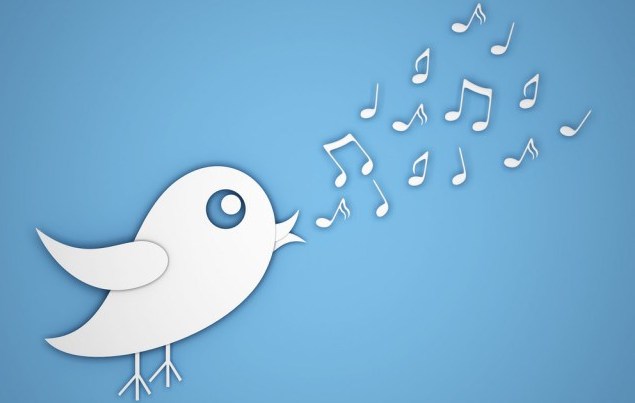Here's Why A Twitter-SoundCloud Deal Makes A Lot of Sense

A report from Recode on Monday, citing “sources familiar” with the situation, said that Twitter is considering a deal to buy SoundCloud — a music sharing platform popular with indie artists and DJs. The report didn’t speculate or offer any details on the potential cost of the acquisition. Nonetheless, I think a Twitter-SoundCloud deal would be very wise of Twitter for a couple of reasons.
The first reason being that Twitter is a huge platform for musicians and artists. In fact, some of the most followed people on Twitter are musicians.
- Katy Perry: 53 million followers
- Justin Bieber: 51 million followers
- LadyGaga: 41 million followers
You get the idea. Lots of musicians on Twitter, many with millions of followers, but Twitter hasn’t been able to fully capitalize on this opportunity. It tried with Twitter Music, but that failed and was recently shut down. SoundCloud could help change that. Right now, it’s mostly popular with indie artists and DJs, but with the right marketing and partnerships, SoundCloud could do for Twitter what Vevo has done for YouTube.
The other reason why Twitter and SoundCloud make sense is because a recent study by music tech hacker Peter Watts showed that SoundCloud was the top among all music streaming sites for link referrals on Twitter (and by a wide margin too). During the 15 month period, SoundCloud was mentioned more than 42 million times on Twitter, meanwhile in second place was Spotify, with 16 million mentions, followed by Last.fm, which was mentioned in 8 million tweets.
While both companies declined to comment on the report, I think this deal makes sense and could be hugely beneficial to Twitter if they run SoundCloud properly and have tight integration between the two products. One thing that comes to mind immediately is Twitter release parties, where you can listen to the new song on SoundCloud (via Twitter of course) and then tweet about it using a hashtag (or even be able to use Twitter to comment directly on a particular part of the song).